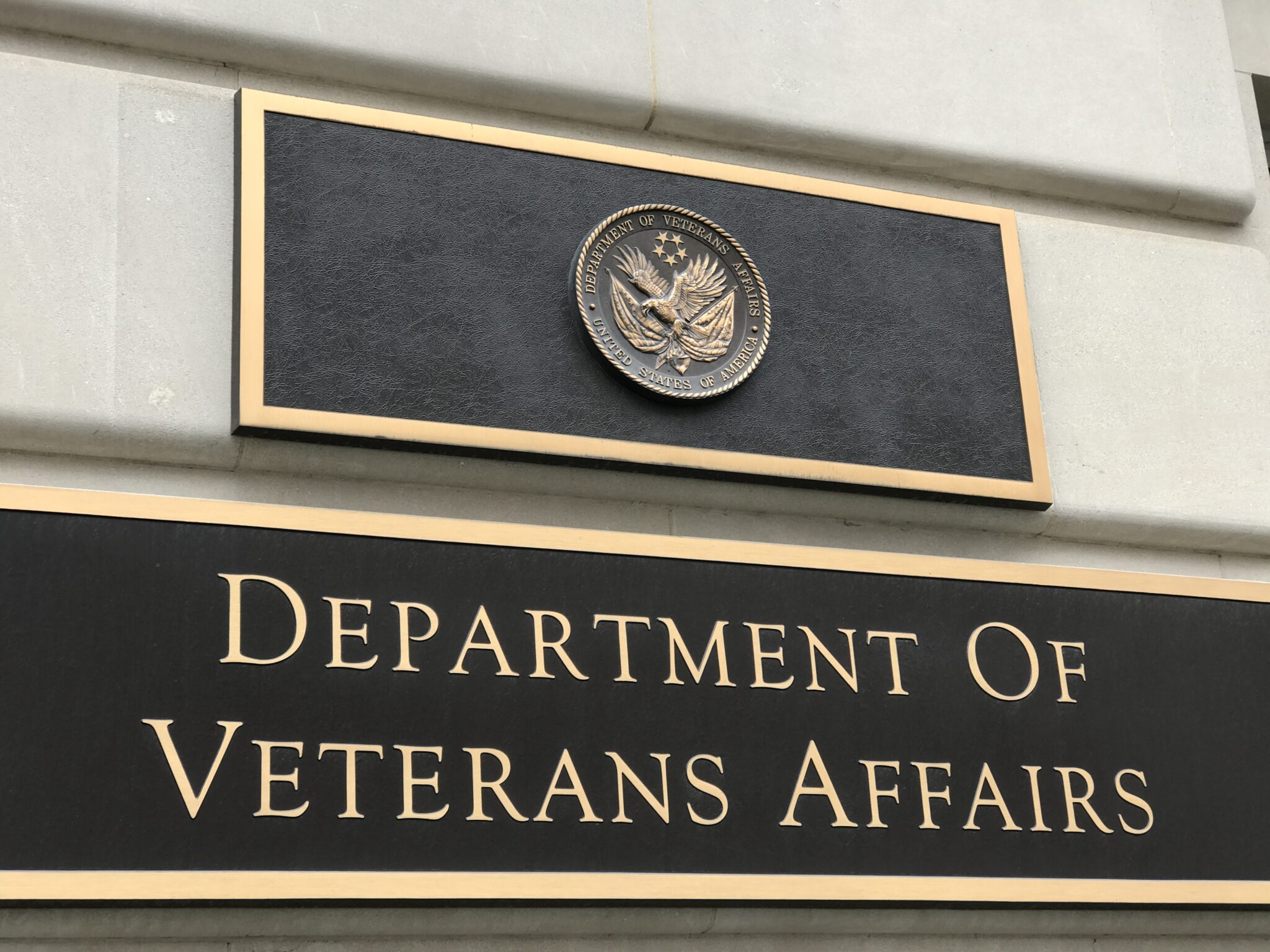Coast Guard Veterans and Mesothelioma
Members of the Coast Guard are likely to have been exposed to asbestos during their time of service. If you are a veteran of the U.S. Coast Guard and worked on a ship built prior to 1991, it's possible you may have come into contact with asbestos and are at risk of developing mesothelioma.

Mesothelioma and the Coast Guard
The United States Coast Guard is the smallest of the five branches of the military and one-tenth the size of the Navy. Despite this, the Coast Guard is at a higher risk of developing mesothelioma than some of the other branches. This is due to the large ships used by the Coast Guard being built with asbestos-containing materials as recently as 1991.
Men and women who served aboard “cutters” in the Coast Guard are at the greatest risk of mesothelioma. Cutters are the largest ships in the Coast Guard with people stationed aboard for the longest periods of time, too. This meant that those stationed aboard them would have varying levels of regular exposure risks to asbestos – especially in areas where insulation was a greater necessity, like boiler rooms.
Depending on where asbestos fibers land in the body determines the type of mesothelioma that develops, as well as what symptoms the individual will experience. These symptoms, however, may not develop for up to 50 years after someone’s initial exposure. If you served in the Coast Guard and suffer from any of the below symptoms, then it is possible that you may have mesothelioma.
Speak with a physician about your experience with:
- Abdominal pain
- Anemia
- Bloating or swelling
- Body aches and pain
- Bowel obstruction
- Blood clots
- Chest pain
- Coughing up blood
- Constipation
- Diarrhea
- Difficulty breathing
- Difficulty swallowing
- Fatigue
- Fever/night sweats
- Fluid buildup around the lungs
- Hernia
- Hoarseness
- Loss of appetite
- Nausea
- Persistent dry cough
- Seizures
- Vomiting
- Wheezing and shortness of breath
- Weight loss
Asbestos Use in the Coast Guard
Mesothelioma is a rare form of cancer caused by asbestos exposure. This happens when microscopic asbestos fibers become lodged in the mesothelium, the layer that lubricates and protects organs in the chest and abdomen. Despite how dangerous the cancer is, many don’t realize that they have it until decades after initial exposure. The long latency timeline of mesothelioma makes it hard to diagnose early on and is usually diagnosed in its later stages.
It is most common for veterans to develop pleural mesothelioma. This is the form of mesothelioma that affects the lining of the lungs. It is most likely because of the direct inhalation of asbestos fibers that individuals on cutters may be exposed to.
Where Were Veterans Exposed to Asbestos?
Veterans of the Coast Guard may have been exposed to low levels of asbestos while stationed or working on any cutter built before 1991. The risk of exposure increases when there are repairs or maintenance being performed on the ship.
Next Steps for Veterans Diagnosed With Mesothelioma
After being diagnosed with mesothelioma, it is hard for someone to know what to do next. There aren’t many curative treatments available, and new emerging treatments can cause some confusion among people unfamiliar with their prognosis.
Talk with your doctor about reaching out to a specialist. They can answer every question you may have and advise the best course of treatment to improve the prognosis. Outside of that, it’s important to identify what compensation you may be eligible for. This can help cover the cost of treatment and loss of income.
Applying for Veterans Benefits
Veterans who suffer from any condition that was brought on or contracted during their service are eligible for benefits through the Department of Veteran Affairs (VA). As long as the veteran has been other-than-dishonorably-discharged, then the VA will be able to help cover the cost of treatment or compensate the veteran to help them go through treatment without losing income they may need.
To figure out what you qualify for, you must apply through the VA. They can help explain the process and what you must do to receive your benefits.
Filing a Legal Claim
In cases where a veteran was other-than-honorably discharged, it is possible that they may not have access to help from the VA. In cases like these, or cases where VA benefits are just not enough, there is always hope through legal compensation.
In the case of a lawsuit, the individual would be seeking compensation from the manufacturer of the asbestos, not the military. If you or a loved one require legal counsel, take a free case evaluation. This will help you learn your options and what you may be eligible for.

